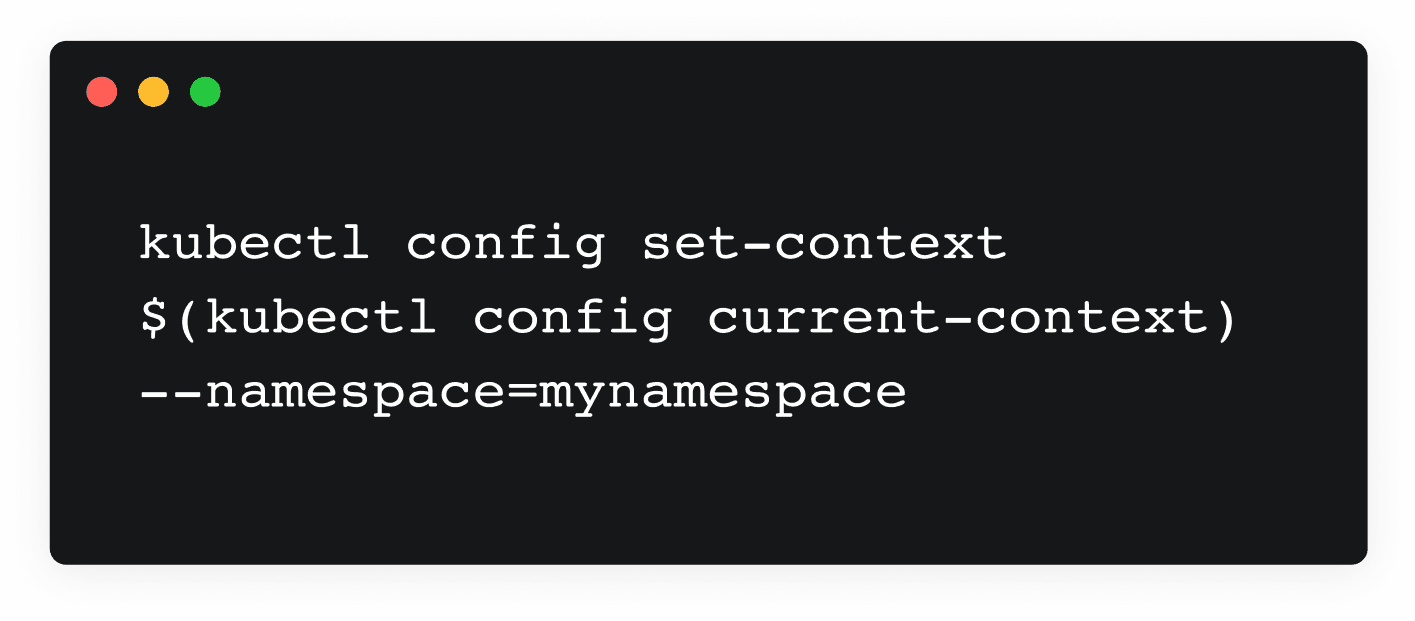January 5, 2023
Building Blocks | January 2023
5 min read
In this edition
ChatGPT gets banned by Stack Overflow - But why?
Developer productivity and DevOps at AWS re: Invent 2022
Slack’s infra powered by Terraform | Get your code to cloud with Amnic

Generated by Midjourney
It’s a new year, and it’s a new you, so get ready for an all-new edition of Building Blocks. We’ll uncover the rationale behind Stack Overflow’s ban on ChatGPT, bring you the top three sessions on developer productivity from AWS re: Invent, and top it all off with some recommendations for the month.
Happy reading!
IN FOCUS
ChatGPT gets banned by Stack Overflow - But why?
What is ChatGPT and how smart is it?
ChatGPT, born on 30th November 2022, has become a viral sensation in the tech realm.
Greg Brockman, President of OpenAI tweeted that more than one million people had signed up to test the cutting-edge technology within five days of its launch. People are flooding Twitter feeds with hundreds of screenshots of their ChatGPT conversations.

It’s amazing to see how the powerful AI tool responds to the questions within 10 seconds. Is ChatGPT a know-it-all AI tool and is it always correct? The answer is not always, and OpenAI agrees to that as a limitation.
"ChatGPT is incredibly limited, but good enough at some things to create a misleading impression of greatness.” - Sam Altman, CEO of OpenAI
Not smart enough for Stack Overflow!
Stack Overflow banned the use of ChatGPT due to concerns about the accuracy of answers provided by the chatbot and the lack of expertise of some of the users posting answers with its help. Some developers and moderators supported the ban and called for it to be made permanent.
Is the Stack Overflow ban the end of the road for ChatGPT? Or will it become a game-changer platform to solve simple to complex problems? Jonathan Vanian, a Tech reporter at CNBC, has shared how some organizations are leveraging ChatGPT to innovate and deliver.
QUICK TIP
Kubernetes: Set default namespaces
You can divide a Kubernetes cluster into multiple environments by using namespaces (for example, Dev1, Dev2, QA1, QA2, etc.) and each environment can be managed by a different user.
Run the following command before executing the kubectl commands, and it will save the namespace for all subsequent kubectl commands for your current context:

IN ACTION
AWS re: Invent-ing developer productivity
AWS re: Invent 2022 was a huge success! It inspired and challenged the audience to rethink and innovate. This year’s conference covered three major areas: data and observability, security, and performance. We’ve put together our top three sessions that focus on developer productivity and DevOps – check them out!

Amazon CodeCatalyst
Adam Seligman gave a walkthrough of the recently launched developer tool CodeCatalyst at AWS re: Invent 2022. The tool offers an integrated experience and includes source repositories, continuous integration, build infrastructure, issue tracker, dashboard and reports. Check out the video here.

Amazon CodeWhisperer, CodeGuru, and DevOps Guru
Rafael Ramos and Shivansh Singh gave a walkthrough of the powerful ML tools that will help you write and review code, build and deploy, and provide observability. Check out the video here.

Evolving IaC operations
Ben Perak and Tatiana Cooke shared a deep dive into AWS infrastructure-as-code portfolio, the future roadmap for IaC at Amazon, and the importance of the GitOps and DevOps approach in building infrastructure. Check out the video here.
"Our vision for developer experience is a delightful flow for all the developers and every dev team.” - Amazon Web Services
Catch up on all the exciting content from AWS re: Invent here and drop in a comment to share what you are planning to reinvent this new year.

